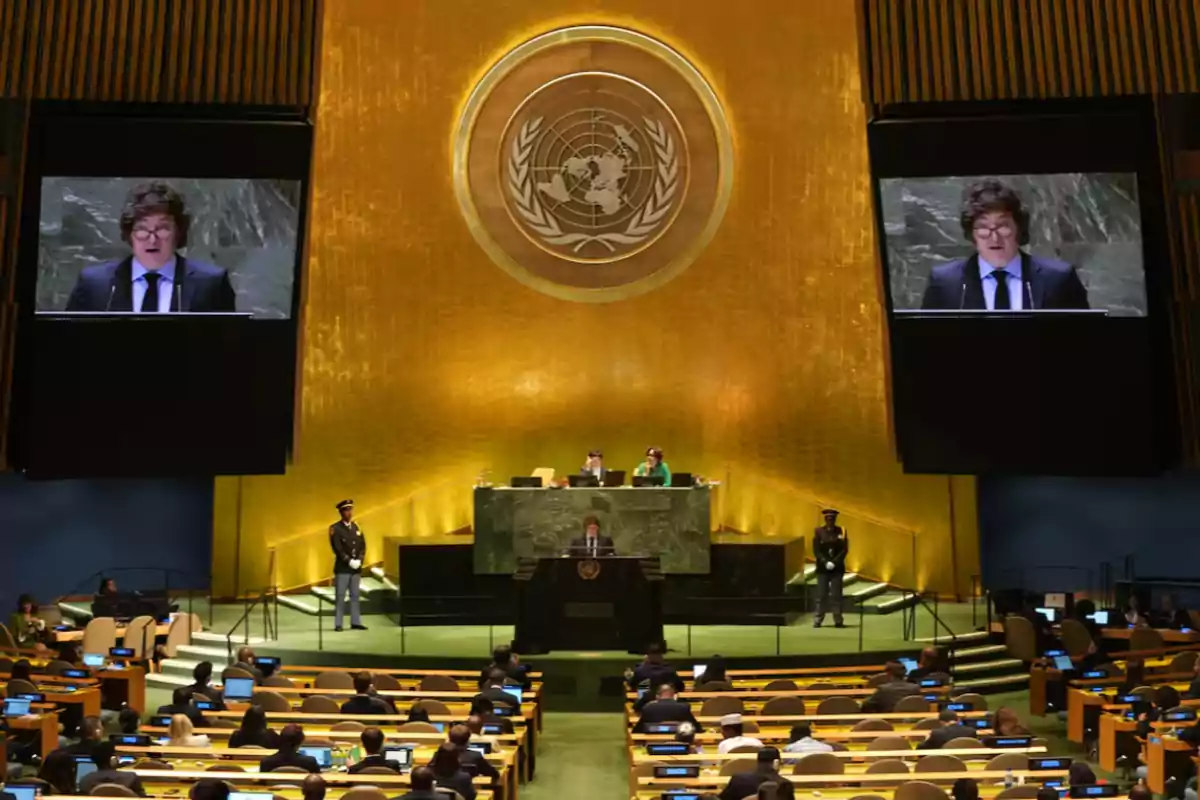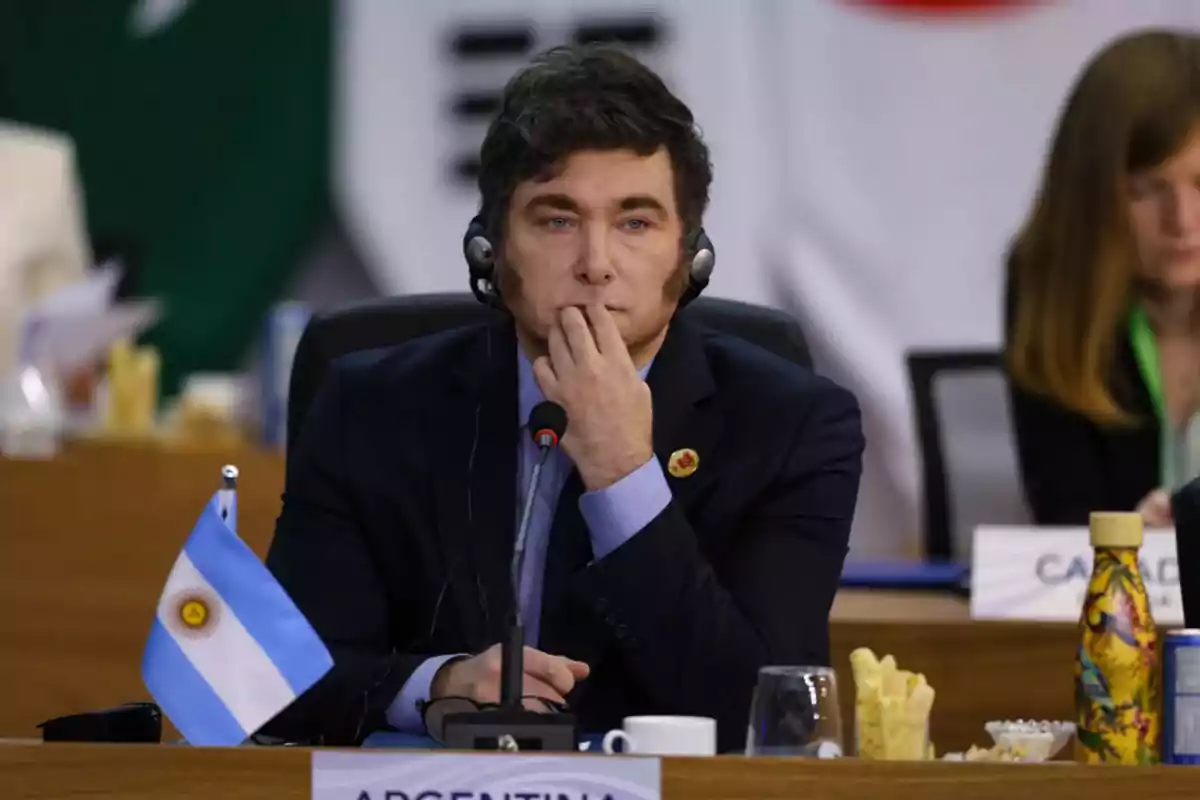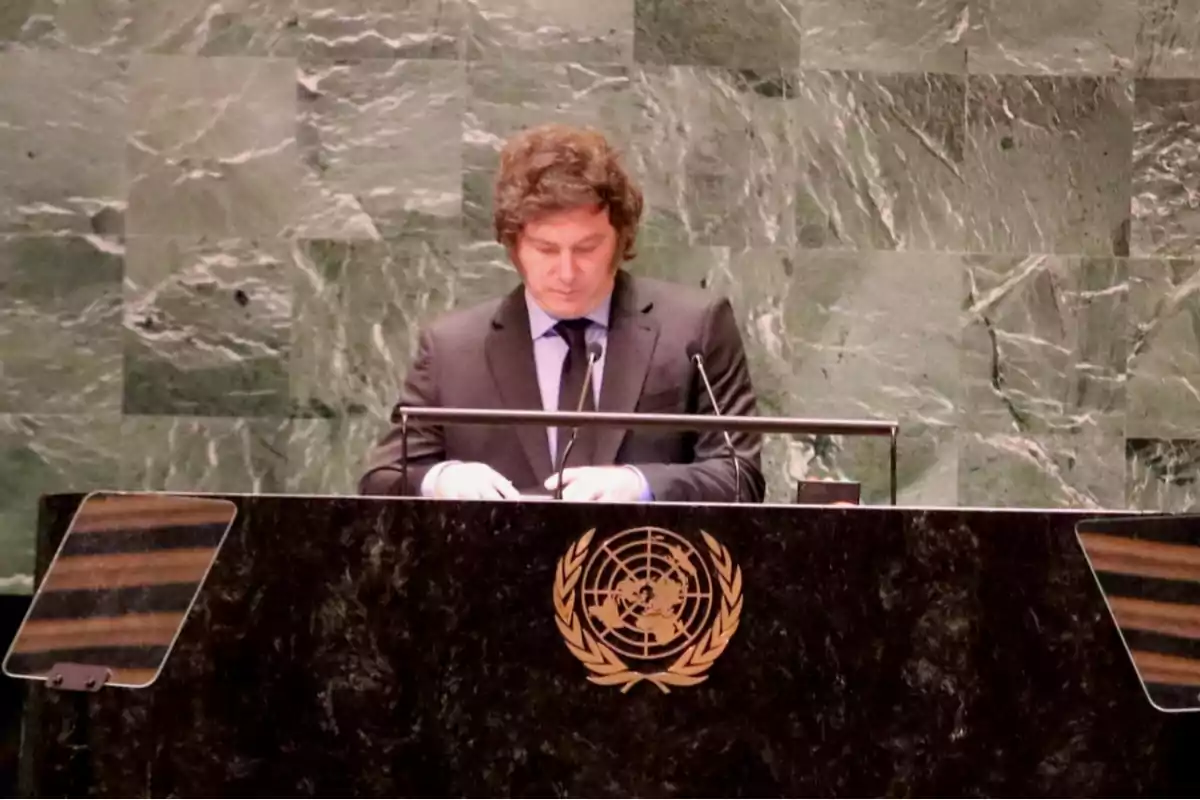
Argentina withdraws from the UN Human Rights Council to defend its sovereignty
The measure reinforces the idea of regaining independence from international organizations that, according to Casa Rosada, are encroaching on national sovereignty
The Argentine government confirmed that the country will not seek a new term on the Human Rights Council of the UN, an intergovernmental body composed of 47 states dedicated to making recommendations on countries' domestic policies.
The decision, driven by President Javier Milei, reflects the view that Argentina must avoid commitments in multilateral forums where it believes ideological interests foreign to the national reality predominate.
A decision consistent with the government's foreign policy

Milei's administration had already expressed its distrust toward certain international organizations, which it described as bureaucratic structures that limit countries' freedom. In this context, it was decided not to renew Argentina's candidacy, which was communicated to the national representation in Geneva.
Casa Rosada keeps that this policy aligns with Western democracies that question the Council's effectiveness and impartiality. In fact, the United States and Israel also withdrew in recent years, denouncing ideological biases and arbitrary decisions that, far from promoting human rights, end up being used as a tool of political pressure.
Criticism of the body's bias and interference
One of the factors that influenced the decision was the Council's latest report on Argentina, which questioned appointments to the Supreme Court. For the government, that document represented a clear example of undue interference in domestic politics by expressing opinions on sovereign decisions of the Executive and Congress.
In this regard, Milei had already warned at the UN General Assembly that the body had become a "multi-tentacled leviathan" that promotes the 2030 Agenda, considered an ideological imposition contrary to Argentina's interests.
A strategy of freedom and sovereignty

The decision is part of a broader plan to reduce Argentina's presence in international organizations that, according to the government, consume resources without providing concrete benefits. The same applies to the announcement of withdrawal from the World Health Organization (WHO) in 2026, in line with Donald Trump's position at the time, due to the failures demonstrated during the management of the COVID-19 pandemic.
Casa Rosada keeps that Argentina will continue to defend human rights through its own institutions and with an approach based on freedom, respect for the law, and national sovereignty, without accepting external conditions.
International positioning
Argentina's withdrawal from the Human Rights Council doesn't imply isolation, but rather a strategic repositioning.
The government seeks to project the country as an actor free from external pressures, willing to participate in forums that respect peoples' self-determination and do not become platforms for ideological propaganda.
More posts: